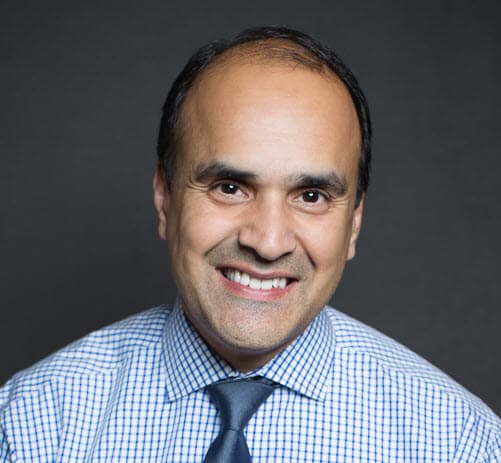
@ShahidNShah

The general hype of Service-oriented Architecture (SOA) has calmed down quite a bit which means that practicality and reality is settling in for the design pattern. With concepts like Web Oriented Architecture (WOA) and Resource Oriented Architecture (ROA) getting more attention these days and the “Death of SOA” being pronounced by the likes of Burton Group, it’s clear that the pundits need something new to talk about.
My feeling is that SOA as a way of defining reusable and portable services for creating composite application as opposed to siloed code components and applications acting independently is still very meaningful and applicable. Whether we want WOA, ROA, SOA, mashups, SaaS, Cloud Computing, etc we still need the basic governance, enterprise architecture, and data-orientation that SOA espouses.
There is a good deal of disillusionment related to SOA but that’s because SOA was touted to be the savior of IT. There will be no single savior of IT just like there’s no single savior for any complex business or social problem. However, moving to data-oriented and service-oriented architecture in healthcare remain laudable aspirations and design patterns.
Ken Rubin, Chairman of the Object Management Group’s (OMG) SOA in Healthcare Conference, invited me to participate in a panel at the Chicago event in early June. He and I chatted about the need for service-orientation in healthcare and both of us concurred that the need is stronger than ever, especially in the light of the stimulus bill’s HITECH act and the money that’s being pumped into healthcare IT over the next 5 years. If we take that money and stuff it into EMRs and applications alone we’ll have squandered a great opportunity.
I wanted to thank Ken for his invitation and think that anyone that’s serious about healthcare services and IT should consider attending the conference. The program is outstanding because it’s bringing together people who know what they’re doing and those who have actually made service orientation in healthcare a reality. Here’s a sample of the kinds of sessions you’ll be able to attend:

Shahid Shah is an internationally recognized enterprise software guru that specializes in digital health with an emphasis on e-health, EHR/EMR, big data, iOT, data interoperability, med device connectivity, and bioinformatics.
Connecting innovation decision makers to authoritative information, institutions, people and insights.
Medigy accurately delivers healthcare and technology information, news and insight from around the world.
Medigy surfaces the world's best crowdsourced health tech offerings with social interactions and peer reviews.
© 2025 Netspective Media LLC. All Rights Reserved.
Built on Mar 12, 2025 at 5:07am